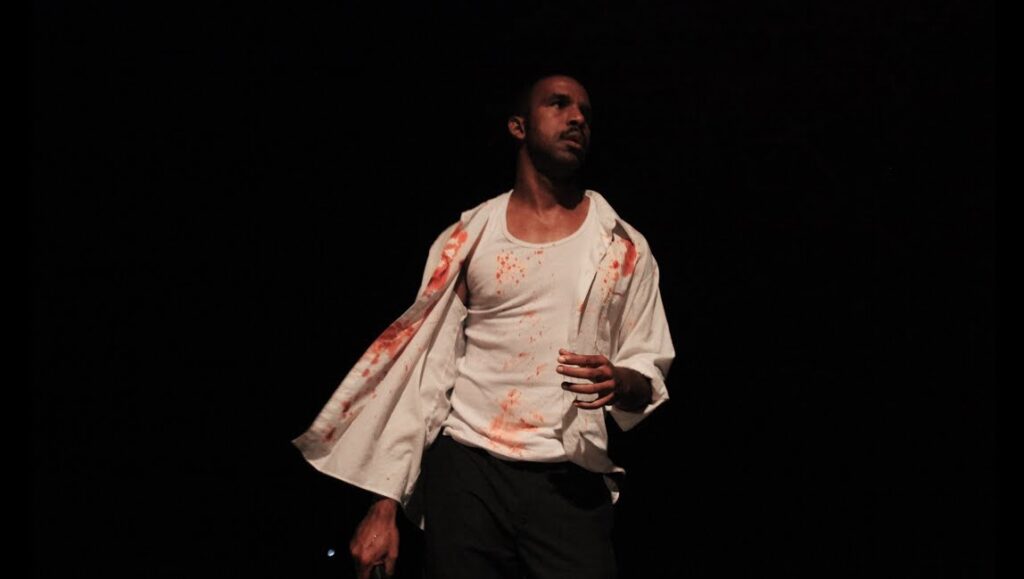Carlo de los Santos Arias‘s Cocote moves from a wealthy estate in Santo Domingo to the town of Oviedo, using a personal tale of revenge to examine political, religious, and cultural tensions in the Dominican Republic. The film follows Alberto (Vicente Santos), an evangelical Christian who returns to his hometown after receiving news of his father’s murder. Although Alberto intends only to be present for his father’s burial, he ends up participating in Rezos, a nine-day mourning ritual (which goes against his beliefs), and slowly getting drawn in by his family’s desire to punish the corrupt officials responsible for the murder.
Throughout, de los Santos Arias toggles between multiple aesthetic textures, shifting between color and black-and-white; alternating from distanced to symmetric to claustrophobic compositions. TV coverage of local happenings (a rooster that purportedly says “Christ is coming”) punctuate the main story. And although the film can often feel clumsy and scattershot, its visuals are undeniably dynamic and the filmmaking occasionally thrilling. Cocote is vital in a way that goes beyond “good” and “bad”—in the landscape of contemporary world cinema, de los Santos Arias’s talent is worth recognizing.
Published as part of New Directors/New Films 2018 | Dispatch 1.


Comments are closed.